Strengthening the collaboration in the bioproduct sector between Finland and the United States
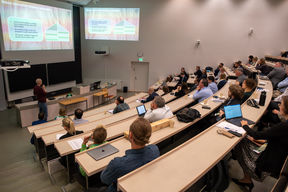
Finland is considered to be one of the world's leading forest bioeconomy countries in the United States. The nearly seventy strong American delegation sought both industrial and research partners from Finland who could assist in the transformation and diversification of their forest sector.
In addition to timber construction, the Americans are interested in innovative bio-based products, in which area Aalto University and VTT are internationally renowned for research and development activities.
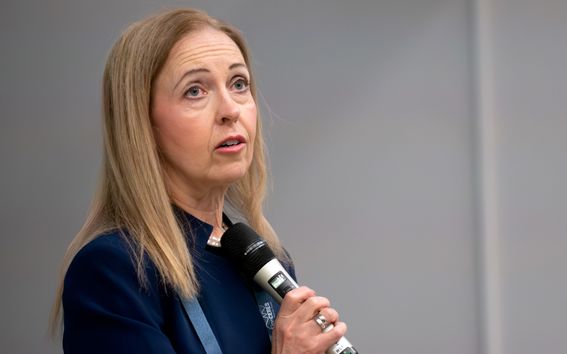
"The US forest policy is now favorable for reforms, and there is unprecedented interest in Finland. The business opportunity for Finland's forest industry is significant, and the window of opportunity is now," says Ulla Lainio, the delegation leader from Business Finland's Washington office.
Finland's forest industry is going through a transition period where added value for wood is sought through new product innovations. Aalto University and VTT's competence center, FinnCERES, focuses on the wood raw material of lignocellulose and the development of materials for the bioeconomy. The goal is to develop new biobased materials for industrial-scale production and international markets. Close collaboration with the industry ensures that new material solutions can be transformed into successful business ventures.
Adhesive-free timber structures and biodegradable packaging
The US delegation had the opportunity to familiarize themselves with top-level Finnish bioeconomy-related research and business at the "From Forest to Innovations" seminar organized by Business Finland and FinnCERES. The seminar focused on timber construction, architecture, and new wood-based products.
At the seminar held on May 25th in Otaniemi, researchers from Aalto and VTT presented the latest research news. A number of Finnish startups and small and medium-sized enterprises also showcased their sustainable solutions for the bioeconomy.
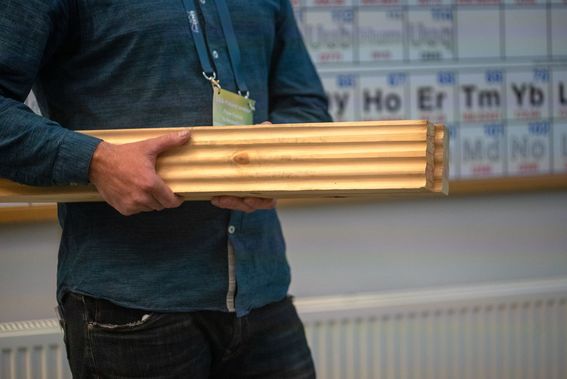
WLT Capital offers adhesive-free solid wood solutions for building houses and bridges, for example. Their products can be made from various types of wood, including surplus, unsorted, and recycled wood.
"Our product generated a lot of interest both during the presentation and in the corridors. The product presentations of other companies were also inspiring and sparked thoughts about the suitability of our own products in new contexts," says Richard Sirén, Research and Development Director and architect at WLT Capital.
"The US market has great potential for our product. We are collaborating with the University of Arkansas, whose representatives we met at a FinnCERES event a year ago. We believe that this collaboration will also open up commercial opportunities for us. Finnish wood expertise has a high reputation in the United States," Sirén continues.
Meanwhile, Finnish company Sulapac has introduced a material innovation that challenges the use of plastic with biodegradable packaging and materials combining wood and biodegradable binders. The company tackles the global plastic waste problem with its products.
"There is a lot of interest in the United States regarding what happens to materials after their use. Many major American brands are transitioning from plastic to biodegradable and compostable materials. The US market is challenging, but we eagerly await the contacts that may emerge from the seminar," says Joona Kontinen, Innovation Manager at Sulapac and a doctoral student at Aalto University.
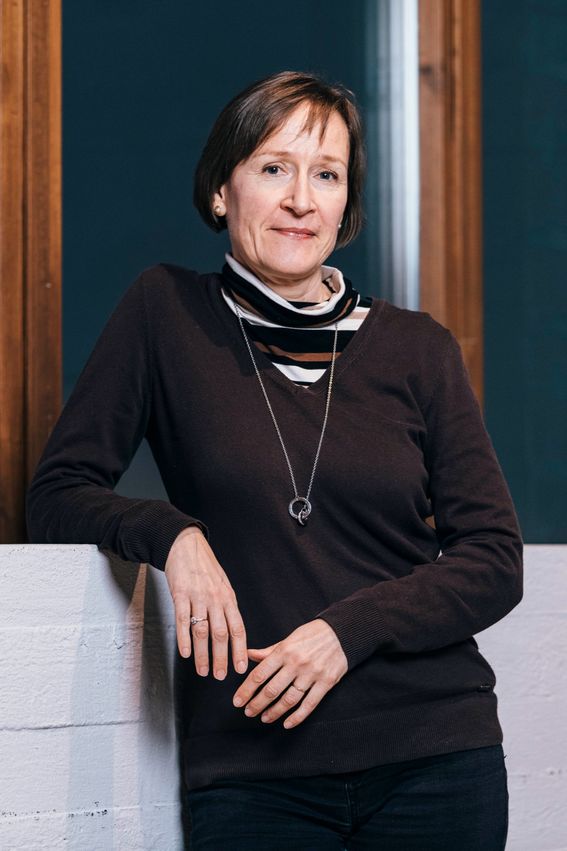
From encounters to concrete collaboration
Professor Monika Österberg, the scientific director of FinnCERES at Aalto University, warmly welcomed the American delegation.
"International collaboration is crucial for conducting high-quality research and increasing its impact. The interest in collaboration is evident both in Finland and the United States, and events like the 'From Forest to Innovations' seminar provide a good foundation for creating new connections and building concrete cooperation," Österberg says.
The promotion of research, development, and innovation cooperation between Finland and the United States is also facilitated through the FARIA university network (Finnish-American Research and Innovation Accelerator) coordinated by Aalto University. Its goal is to launch joint research and development projects that generate cutting-edge research and innovation. Biobased economy is one of the four thematic areas of FARIA, and FinnCERES researchers actively participate in the network's activities.
"Collaboration also requires funding, and we look forward to opportunities for research projects in the bio-based economy between Finland and the United States," Professor Österberg concludes.
Text: Marjukka Puolakka
More information:
Elli Käpylä
Read more news
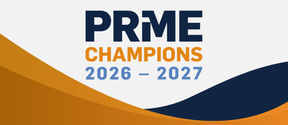
The School of Business renews its status as a Champion member of the global PRME network for sustainability education for 2026–2027
Only two other Nordic universities were awarded Champion-level membership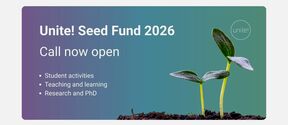
Unite! Seed Fund 2026: Open for applications
The 2026 Unite! Seed Fund call is officially open, offering funding across three strategic lines: Student Activities, Teaching and Learning, and Research and PhD. Deadline for applications is 20 March 2026.
Apply now: Unite! Seed Fund 2026 - Student Call
The Unite! Seed Fund call for 2026 is now open for students. Apply now for up to €20,000 per project, involving at least two Unite! Universities. Deadline for applications is 20 March 2026.






